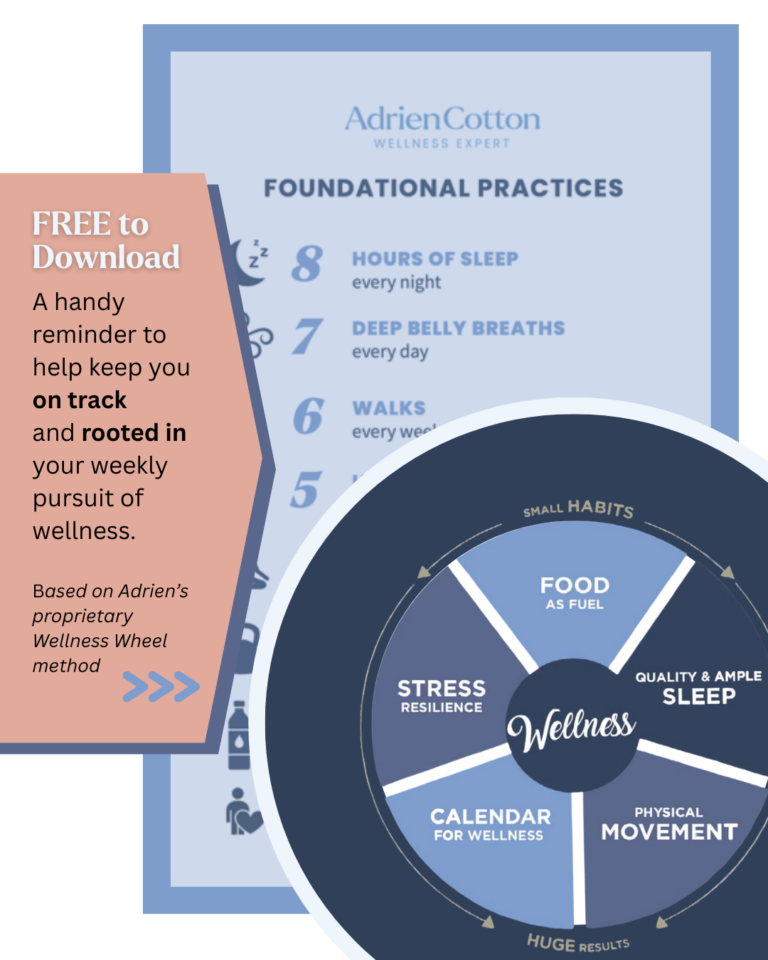Daylight savings time ends this year on Sunday, November 3 and NOW is the time to prepare to “fall back” and reset our clocks. Let’s take a moment to think about how this transition can affect our bodies and minds. It’s more than just adjusting the time on your watch; it’s a shift that can disrupt many of our often-ignored internal rhythms.

The Science Behind the Shift
Believe it or not, the simple act of changing our clocks can have a significant impact on our health. Studies have shown that the transition to standard time can lead to:
- Increased heart attacks and strokes: Yep, you heard that right! The day after we fall back, there’s a 24% increase in heart attacks and a 21% increase in strokes.
- Higher rates of suicide: It might seem surprising, but there’s a correlation between the change in time and an increase in suicide rates.
- More car accidents: Be extra cautious on the roads the day after the time change.
Preparing Your Body
To minimize the negative effects of this transition, let’s take some proactive steps to get a good night’s sleep:
- Embrace the Darkness: Gradually expose yourself to more darkness in the evenings leading up to the time change. This helps your body adjust to the new sleep-wake cycle.
- Limit Screen Time: The blue light from our phones and computers can disrupt sleep. Try to avoid screens at least an hour before bed. Yes, this will help the Fall Back.
- Seek Sunlight: During the day, make an effort to spend time outdoors and soak up some sunshine. This helps regulate your body’s internal clock.
- Keep Moving: Maintaining your exercise routine is crucial for overall health and can also help you adjust to the time change.

Additional Tips
- Avoid caffeine and alcohol: These can interfere with sleep and make it harder to adjust.
- Create a relaxing bedtime routine: Wind down with calming activities like reading or taking a warm bath with Epsom salts – my favorite!
- Be patient: It may take a few days for your body to adjust. Don’t stress if you feel a bit off at first.
Remember, taking care of yourself is essential, especially during times of change. By following these tips, you can navigate the transition to standard time with ease and grace. Let’s embrace the extra hour of sleep and make the most of this seasonal shift.
Looking for support as your body shifts into perimenopause or menopause? Check out my programs, Concierge Small Group Wellness, 8 Weeks to Wellness, and MASTER Menopause NOW! to learn how to thrive in midlife and beyond.



